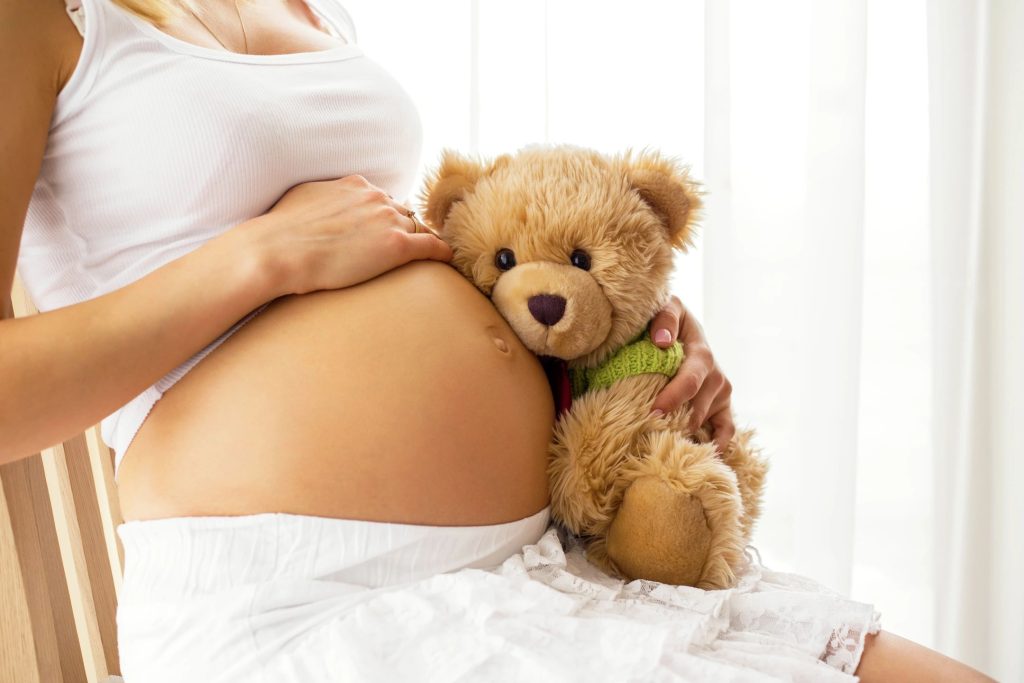
In response to growing evidence that more pregnant and breastfeeding women are using marijuana and concerns about the potential risks to developing fetuses and infants, the American Academy of Pediatrics (A.A.P.) released a recommendation this week that women avoid the drug altogether when they are pregnant or breast-feeding.
Smart Approaches to Marijuana (SAM) president, Dr. Kevin Sabet, released the following statement:
“We applaud the American Academy of Pediatrics’ decision to shed light on the dangerous implications of marijuana use during pregnancy. This sends a clear message to the Big Marijuana industry that the scientific community and others will not fall for the blatant falsehoods and misinformation used to suggest that marijuana is safe.
“Based on the research, we know that marijuana use in utero can lead to a whole host of issues ranging from low birth weight to developmental problems. Even worse, marijuana use during pregnancy has been linked to a rare, fatal developmental disorder known as anencephaly.
“Marijuana can have incredibly deleterious effects on young minds and it is absolutely shameful, though not surprising, that the industry would push its wares and pseudo-science on young mothers.
“It was recently reported that nearly 70% of dispensaries in Colorado were recommending high potency THC products to expectant mothers to “treat” symptoms of morning sickness. This is especially concerning given these dispensaries are not staffed with medical staff and are not able to give accurate medical advice.
“As research grows and the painful lessons are being learned from states that have legalized marijuana, more and more are moving to reject pot. Lawmakers in Vermont, Rhode Island, Connecticut, and New Hampshire have said no to legalization and commercialization bills so far this year.”
A recent study published by the journal Pediatrics found that THC, the psychoactive compound found in marijuana, was detectable in 63 percent of samples of breastmilk collected from women who claimed to have used the drug prior to pumping.
###